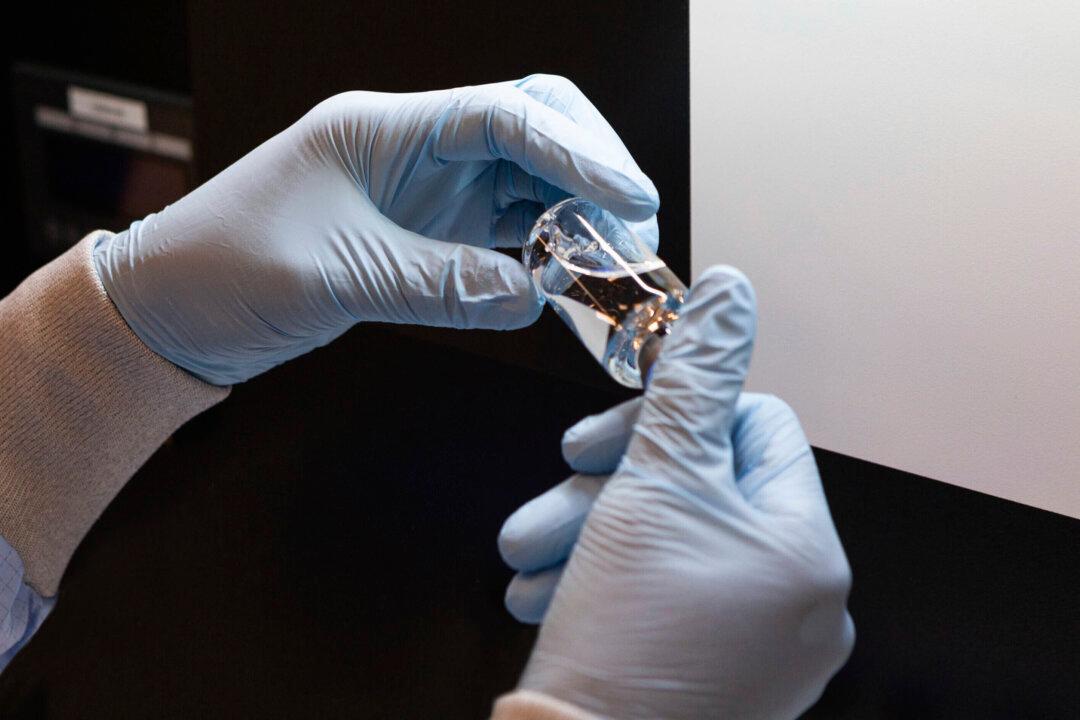Gilead Sciences will begin human trials of an inhaled version of remdesivir this week.
“An inhaled formulation would be given through a nebulizer, which could potentially allow for easier administration outside the hospital, at earlier stages of the disease,” said Daniel O’Day, the Chairman and the CEO of Gilead Sciences in an open letter on June 22.





